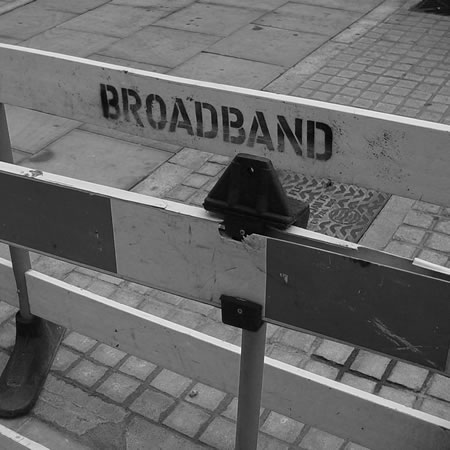Official sources called this election differently
The US election continues to dominate Twitter though seeing less of it on the mainstream news. Saw a number of people on Twitter claiming to have won the election!

Five years ago this week myself and Lawrie were delivering the second residential of the pilot for the Jisc Digital Leaders Programme at the Holland House Hotel in the heart of Bristol. We had spent four days delivering that week. We also had some great cakes and pastries.

Even the coffee was nice. We learnt a lot from the process and spent the next few months iterating the programme, dropping and adding stuff based on the feedback we had from the pilot delegates.
Less than a year later we delivered the programme to paying delegates in Loughborough, again we reviewed what we did and adapted the programme again, before delivering to groups in Manchester, Belfast and Leicester.

Continue reading I WON THE ELECTION – Weeknote #90 – 20th November 2020

